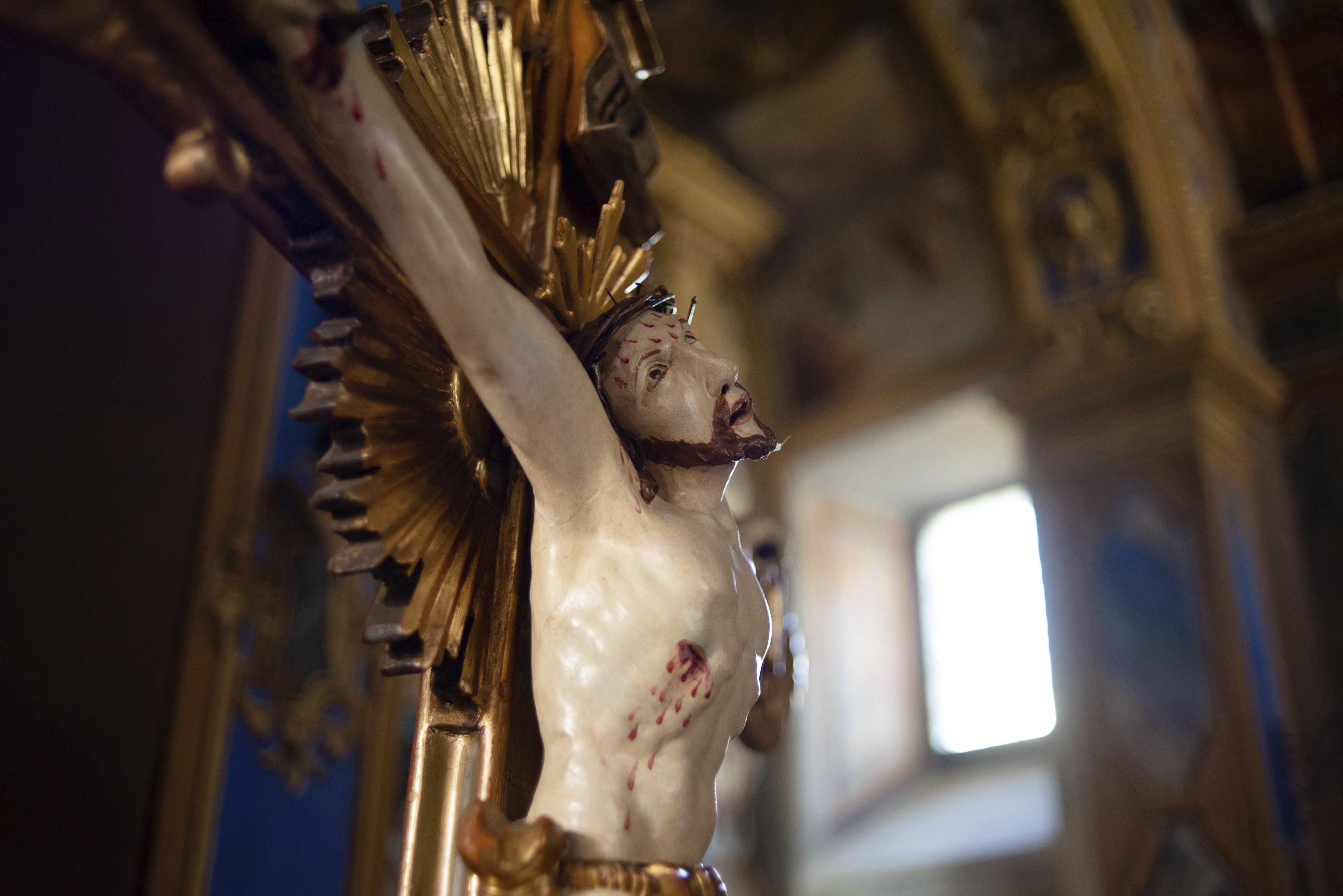“Hispanics are not the future. They’re already the present of American Catholicism”. This is the belief of Bishop Mario Dorsonville, bishop assistant of Washington, D.C., and chairman of the
USBCC’s Committee on Migration.
“Bishop Dorsonville, Colombian by birth and incardinated in the U.S. since 1990, is very familiar with the challenges and difficulties of the Hispanic Catholic communities. He has witnessed the changes that U.S. Catholicism has undergone in recent decades. These transformations – at times quiet, at times discreet, but irreversible – have gone hand in hand with a growing Hispanic presence in ecclesial communities across the country”, according to “Aleteia”, an
international platform of Catholic orientation.
According to Bishop Dorsonville, “this presence is not new. On the contrary, it has been part of the American identity since the beginning of the country’s colonial history. This is a reality that must be faced with the spirit of integration that characterizes the universal Church, supporting the strengths they bring and fostering unity and belonging to the host country”.
The interview to “Aleteia” was given in the context of the upcoming Congress of the Hispanic Ministry “Raíces y Alas” (“Roots and Wings”), to be held in Washington, DC, from April 24 to 30 this year. Dom Dorsonville will lead one of the central acts of Congress, which will consist of a formal petition to senators on Capitol Hill for immigration reform and for a resolution in favor of granting citizenship to immigrants from the “Deferred Action for Childhood Arrivals” (DACA).
Regarding the theme of the integration of the Latino community into American society, and the role of the Church, Archbishop Dorsonville said in the interview that “[…] The bishops wrote a letter 25 or 30 years ago called Strangers No Longer. In it they express appreciation for the fact that Latinos appeared in American society with some great qualities and clear principles: a deep love of family, an intimate relationship with God as a brother or as a member of the household; with a celebration of faith in a festive key that is experienced in their processions, in their songs, in all the human expressions found in the context of faith; and finally, a deep devotion to the Blessed Virgin Mary. In fact, Our Lady of Guadalupe, as patroness of all America, has penetrated deeply in these last 30 years in white American culture. […] I believe that one of the fundamental principles for those who come to the U.S. to serve in Hispanic ministry is a predisposition to understand the culture they’re coming to. […] If there’s one very important thing that must be brought to the minds of the citizens of this nation, it’s that immigrants came to enrich the culture, not to destroy it. In addition, we have a common denominator which is that we are Christian. Immigrants do not bring a total change of values or religion, but a complement of different peoples and nationalities who believe in the same Jesus Christ”.
The bishop has already delivered a speech on Capitol Hill, where, he said that welcoming refugees and immigrants was more important than ever, and as head of the USCCB's Committee on Immigrants and Refugees, he have spoken of compassion and solidarity. Asked what would be necessary to change in American society for this compassion and solidarity to be practiced, the bishop replied that: “[…] We often encounter false ideas about immigrants, fertilized by rhetoric that has no understanding of the truth. Human encounter often clears the barriers imposed by ignorance. I think that rejection is, above all, fear. Especially because when you don’t speak a language you feel excluded, and no one likes to feel excluded. […] I believe that the first step would be to make it possible for those under the DACA program to obtain their citizenship. This will do good to the minds of Americans, who may be skeptical about the presence of people who have entered their country illegally”.
Another question for the bishop is what Hispanic Catholicism could contribute to American Catholicism, and whether there is a “new American spirituality” forming as the two communities grow closer, or whether, on the contrary, these communities are not coming together, and the American church is culturally a maker of “ghettos”. Dom Donsorville replied: “[…] Now, one thing is very clear, which perhaps some do not see, and that is that the very future of the United States, no longer of the Catholic Church, but of the country itself, cannot be white. It’s going to be a culture that embraces many other cultures. It’s going to be brown. Not white anymore, but brown. This is clear, and in that sense there has been great progress. There are some dioceses in the south and southeast of the country that no longer ordain priests who do not have the ability to celebrate the sacraments in Spanish. It’s a requirement without which no mission is conceivable because the churches are full of Hispanics”.
 rawpixel.com
rawpixel.com











